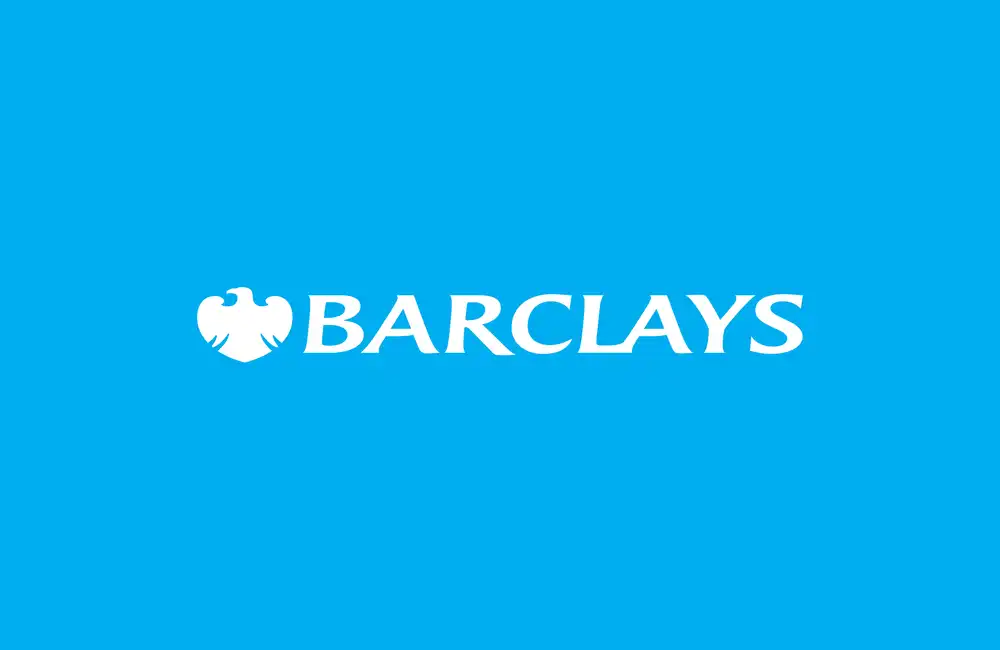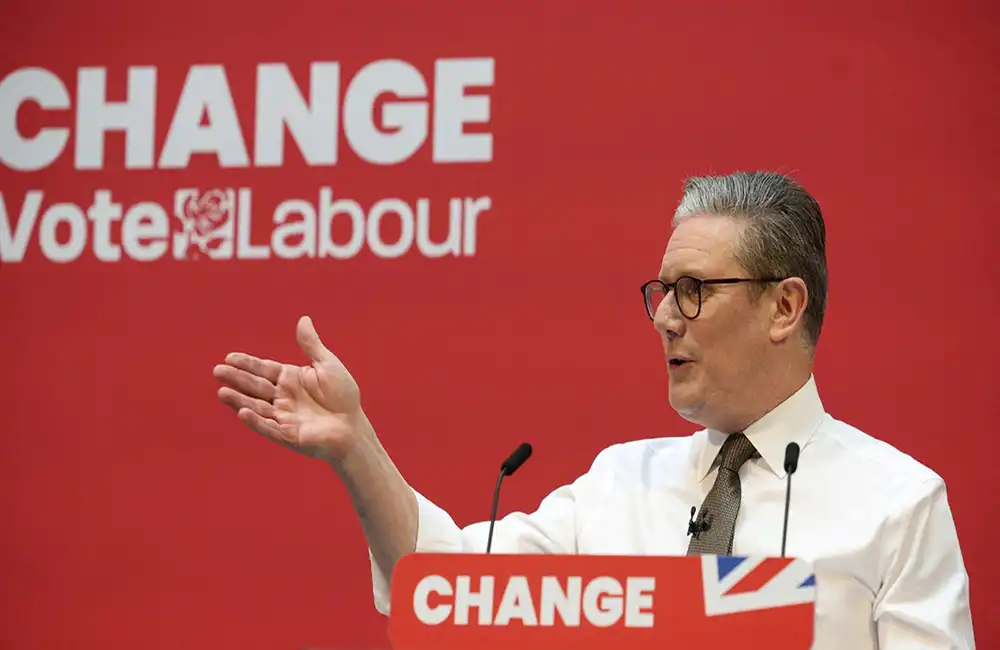The UK financial markets experienced renewed hope on April 10, 2025 when Barclays drove the FTSE 100 index to a strong recovery.
The UK financial markets experienced renewed hope on April 10, 2025 when Barclays drove the FTSE 100 index to a strong recovery. The rally resulted from the U.S. administration's decision to implement a 90-day freeze on new tariffs, bringing global markets much-needed relief after enduring rising trade tensions. This piece examines Barclays’ strong recovery factors and the wider FTSE 100 resurgence while discussing what UK investors should consider in the current unpredictable market environment.
Barclays’ Resurgence: A 15% Bounce Back
The UK's Barclays bank experienced a 20% surge in its share price during early trading on 10 April which eventually decreased to a 15% increase by the market's closing time. Barclays' outstanding recovery secured its position as the leading stock in the FTSE 100 and attracted substantial investor interest.
Barclays experienced a rally after enduring a tough phase where its share price dropped 10% because investors worried about rising US-China trade disputes. The close interdependence of worldwide financial networks meant that these tensions caused substantial impacts on banks and financial institutions which typically reflect broader economic trends. The reduction of tariff threats has positively influenced investor behaviour which has restored confidence in Barclays and across the financial sector.
Barclays' performance demonstrates how the banking sector remains strong even when short-term policy threats temporarily ease. The surge in stock value strengthened investor confidence and revealed how market dynamics respond to geopolitical events that affect trade and financial system stability.
FTSE 100 Rebound Sets a Milestone
During early trading on the same day the FTSE 100 index experienced a 6% rally which resulted in a 460.50 point gain. The UK's leading index recorded its largest daily gain since the pandemic recovery period of 2020. Barclays along with HSBC and Lloyds stood at the forefront of the recovery as their performance played a major role in the widespread market rally.
Market observers responded positively to the US administration's move to postpone new tariffs for 90 days which helped to diminish prior global trade worries affecting market stability. The suspension of new tariffs created an opportunity for companies and financial institutions that depend on worldwide trade, allowing them to expand while simultaneously benefiting mining, industrial, and technology sectors that depend heavily on international supply chains.
The FTSE 100 index shows high exposure to multinational corporations which results in significant sensitivity to global trading activities. The suspension of tariff increases acted as a growth trigger that propelled the index to regain significant ground it had lost earlier in the year.
Impact of Tariff Developments on Financial Markets
The financial markets received temporary relief after President Trump announced a delay in new tariff implementation amidst months of economic uncertainty. The 90-day pause indicates progress yet does not resolve existing US-China trade tensions.
Financial companies such as Barclays experienced temporary relief from worries about declining international business that would have negatively impacted bank profits from corporate loans and currency trading. The heightened risk of loan repayments during economic slowdowns placed additional pressure on banking stocks which intensified the effects of this tariff pause.
Experts have cautioned that this temporary tariff pause will not last long. If trade disputes remain unresolved then markets could experience rapid volatility again. Investors need to pay close attention to geopolitical developments because policy changes will continue to affect market stability.
Investor Sentiment and Key Takeaways
Renewed Confidence
Investors have shown renewed faith in the UK banking sector following Barclays' recent surge in stock value. The reduction of tariff threats has restored investor confidence that financial institutions retain the resilience to face external challenges after enduring prolonged selling pressure. Banks could experience additional stock growth if trade disputes continue to show signs of decreasing intensity.
Short-Term Risks Remain
The market rallies received an evident boost from tariff relief yet the unresolved trade tensions create uncertainty for the future medium to long-term outlook. Investors need to stay alert to unforeseen events that might trigger market volatility. Recent positive sentiment might diminish if new tariff discussions arise or trade negotiations face obstacles.
Diversification Is Key
The FTSE 100's wider recovery demonstrates potential investment opportunities beyond the financial industry. The tariff pause has created advantages for mining, technology, and industrial sectors which demonstrates to UK investors why diversification is key to managing risk and reward in unstable markets.
Implications for UK Investors
Investors can learn significant lessons from Barclays and the FTSE 100 when operating in unstable markets. Here are some actionable insights to consider:
- Stay Updated on Geopolitical Developments: Market movements can be heavily influenced by trade policy declarations. Investors can make informed decisions with speed when they stay updated on important market developments.
- Focus on Quality Stocks: Organisations with strong core business elements such as Barclays tend to bounce back quickly when market conditions become favourable. To reduce risk exposure investors should focus on shares backed by solid financial health and sustainable business frameworks.
- Consider Global Exposure: The FTSE 100 experienced a rebound due to its international business composition. UK investors benefit from portfolio resilience through simultaneous investment in domestic and international markets.
- Prepare for Volatility: Political events which trigger short-term gains frequently lead to later market instability. A long-term investment strategy allows investors to reduce the effects of market fluctuations.
Looking Ahead
The quick recovery of Barclays along with the FTSE 100's rebound has produced cautious optimism among UK investors. However, the overarching message from analysts remains clear: The temporary halt of tariffs brings immediate relief but the future journey will likely contain unpredictable challenges. Investors must stay alert to new information and ready to adjust their strategies as market developments take place.
Market participants who want to gain professional perspectives to handle these market movements should consider collaborating with financial advisors while utilising analytical tools to gain an edge during unstable periods.
The performance of Barclays and the FTSE 100 demonstrates how resilience continues to define the UK financial markets. The reduction in trade concerns has temporarily enabled investors to concentrate on potential opportunities within the volatile market environment. The future developments in this situation will primarily be shaped by changes in the worldwide geopolitical environment.
UK investors who remain proactive and apply these insights will secure their positions against market volatility while seizing emerging opportunities in a dynamic environment.




















